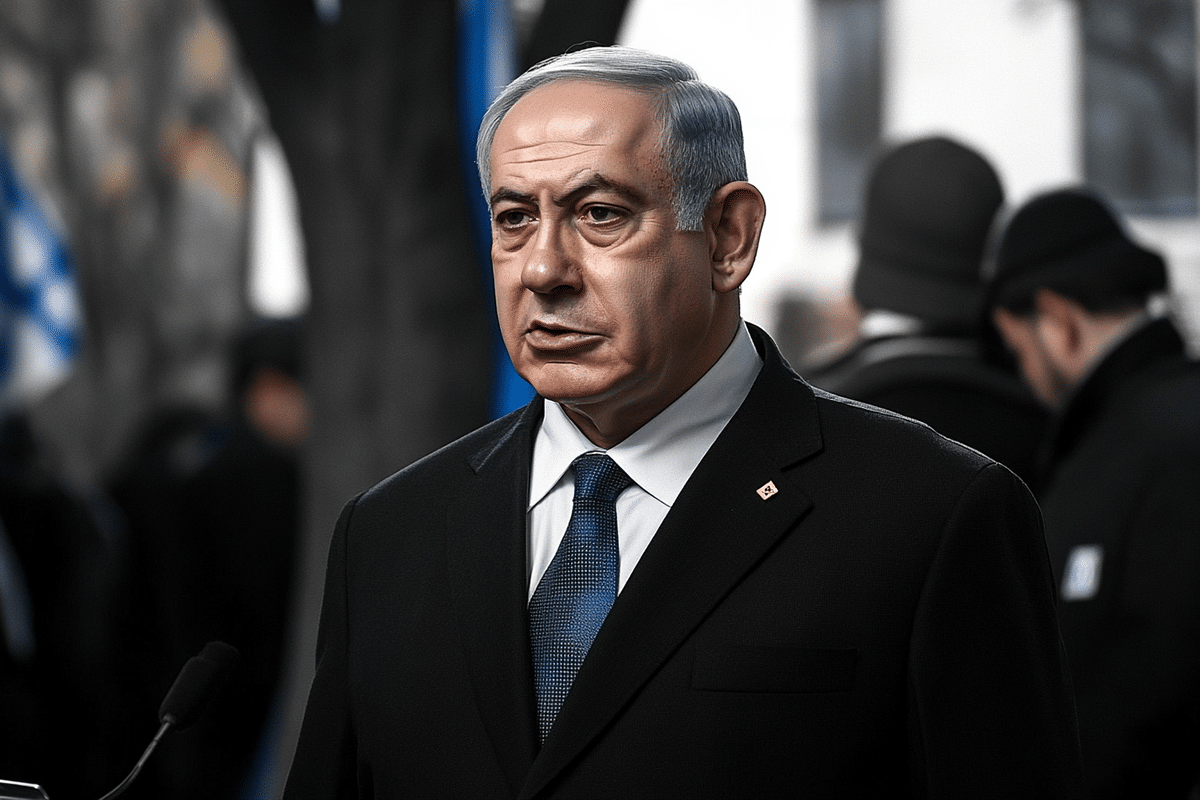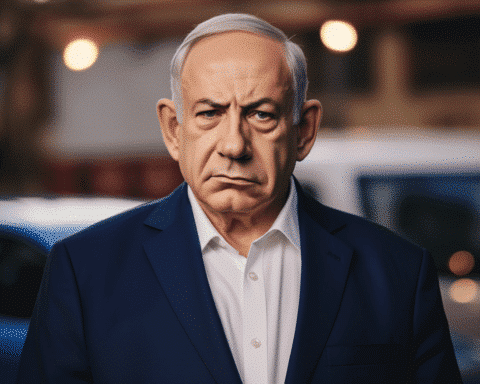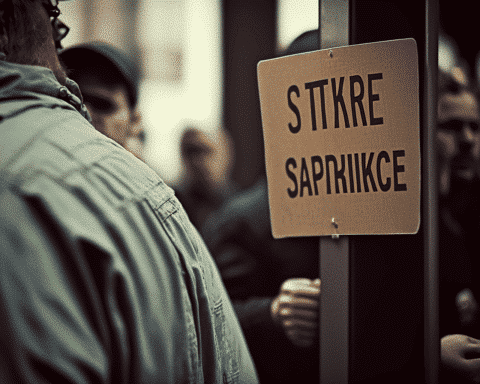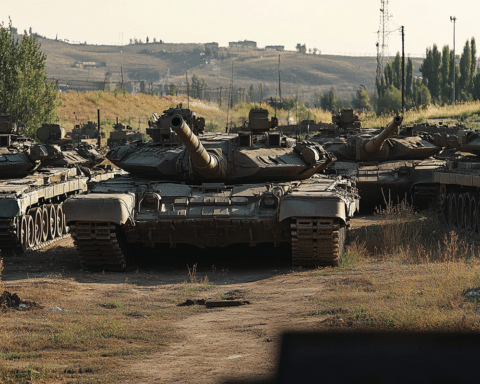The International Criminal Court (ICC) has issued arrest warrants for Israeli Prime Minister Benjamin Netanyahu, former defense minister Yoav Gallant, and senior Hamas leader Mohammed Deif. The charges involve allegations of war crimes and crimes against humanity carried out during the 13-month Gaza conflict and the Hamas-led attacks on Israel in October 2023.
Allegations Against Israeli Leaders
Netanyahu and Gallant are accused of deliberately depriving Gaza’s civilian population of critical resources necessary for survival. These include food, water, medical supplies, and fuel. The ICC judges determined there were reasonable grounds to believe that these actions were intentional and systematic, causing significant harm to civilians. Israel has disputed the charges, asserting its independent legal system is capable of investigating such matters.
The arrest warrants have sparked strong condemnation from Israeli leaders, who view the ICC’s decision as biased and unfounded. Critics argue that the court has not allowed Israel sufficient opportunity to address these allegations domestically. Furthermore, the United States, a key ally of Israel, has expressed disapproval of the ICC’s actions, emphasizing support for Israel’s right to defend itself against militant threats.
Charges Against Hamas Leaders
The ICC’s actions also target Hamas leader Mohammed Deif, holding him responsible for crimes committed during the October 2023 attacks, which left approximately 1,200 Israelis dead and resulted in the abduction of 250 individuals. The charges against Deif include murder, torture, rape, and other crimes against humanity. Although Israel claims to have killed Deif, Hamas has not confirmed his death, leaving the warrant against him active.
The ICC initially considered charges against two additional Hamas leaders, Yahya Sinwar and Ismail Haniyeh. However, these were withdrawn following their deaths during the ongoing conflict. The court’s decision to focus on high-profile figures reflects an attempt to hold leaders accountable for large-scale violence.
Limited Practical Implications of the Warrants
While the warrants label Netanyahu, Gallant, and Deif as internationally wanted suspects, practical enforcement challenges remain. Israel, along with its ally the United States, is not a member of the ICC, limiting the court’s jurisdiction and ability to detain the accused. Additionally, the ICC relies on cooperation from its member states to execute arrests, and enforcement has historically been inconsistent.
The case highlights the difficulties leaders may face when traveling internationally. ICC member countries are legally obligated to detain individuals with active warrants if they enter their territory. This restriction could complicate Netanyahu and Gallant’s ability to visit allied nations like Britain or France. However, past cases, such as Russian President Vladimir Putin’s recent travel to Mongolia without arrest, demonstrate the challenges of enforcing ICC decisions.
Humanitarian and Political Fallout
The ongoing conflict in Gaza, exacerbated by the October 2023 attacks, has had devastating consequences. More than 40,000 Palestinians have died, with many more displaced, according to local reports. The destruction across Gaza has forced 90% of its population from their homes, creating a dire humanitarian crisis.
The ICC’s decision has intensified political tensions. Israel’s opposition leaders criticized the warrants, describing them as harmful and counterproductive. There is also concern that the decision could hinder ongoing efforts to negotiate a cease-fire and resolve the hostilities.
Broader Legal Battles
The ICC case is one of several legal challenges facing Israel on the international stage. Separately, Israel is defending itself against allegations of genocide at the International Court of Justice, with claims brought by South Africa. Israeli officials deny these accusations, framing their actions in Gaza as necessary to protect civilians from Hamas militants.
The ICC’s warrants represent a significant moment in the pursuit of accountability for actions in the Gaza conflict. However, enforcement obstacles, political fallout, and ongoing violence complicate efforts to achieve justice. As the situation unfolds, the legal and humanitarian dimensions of the conflict will continue to draw global attention.




